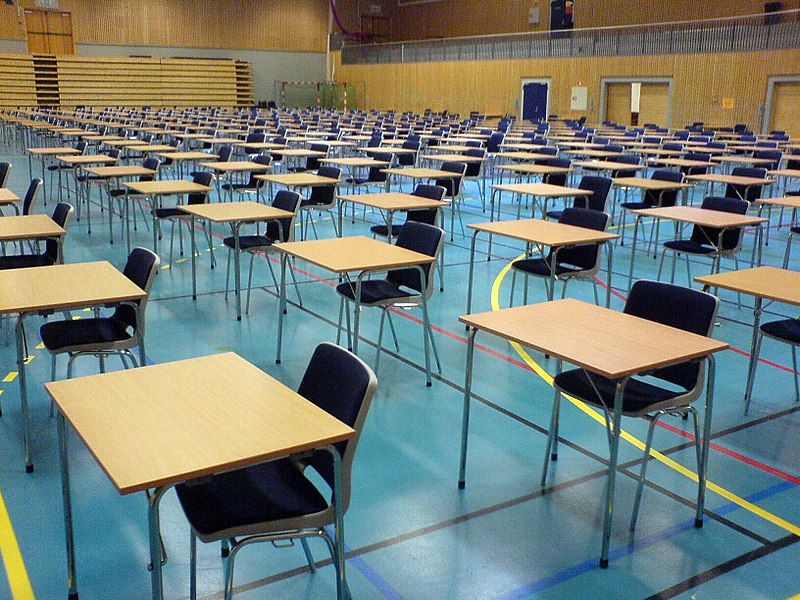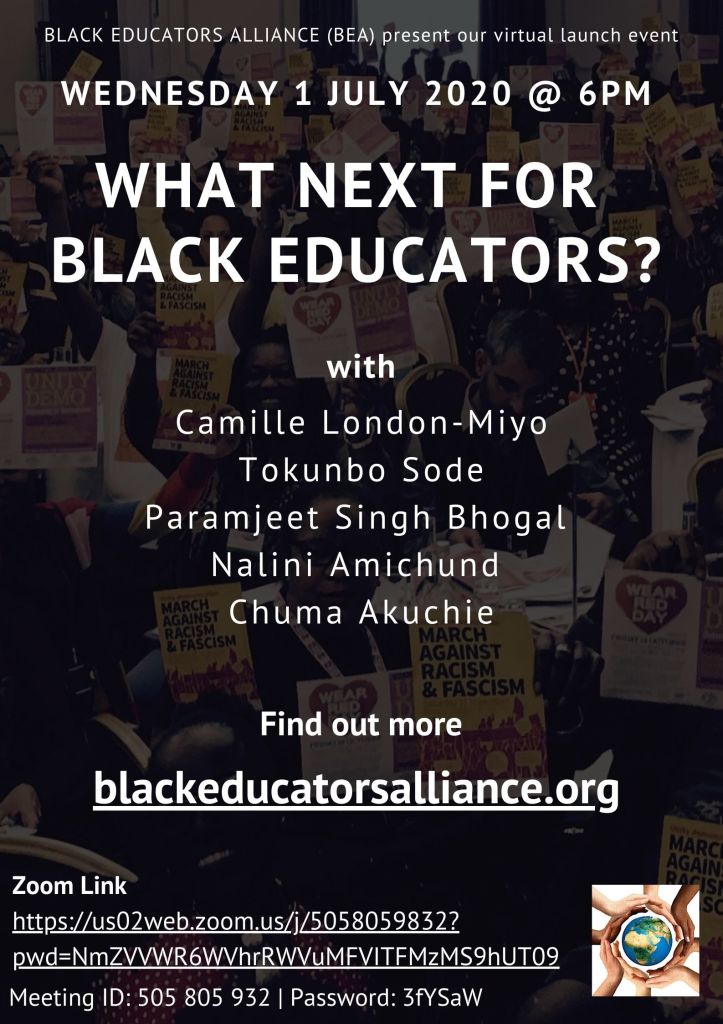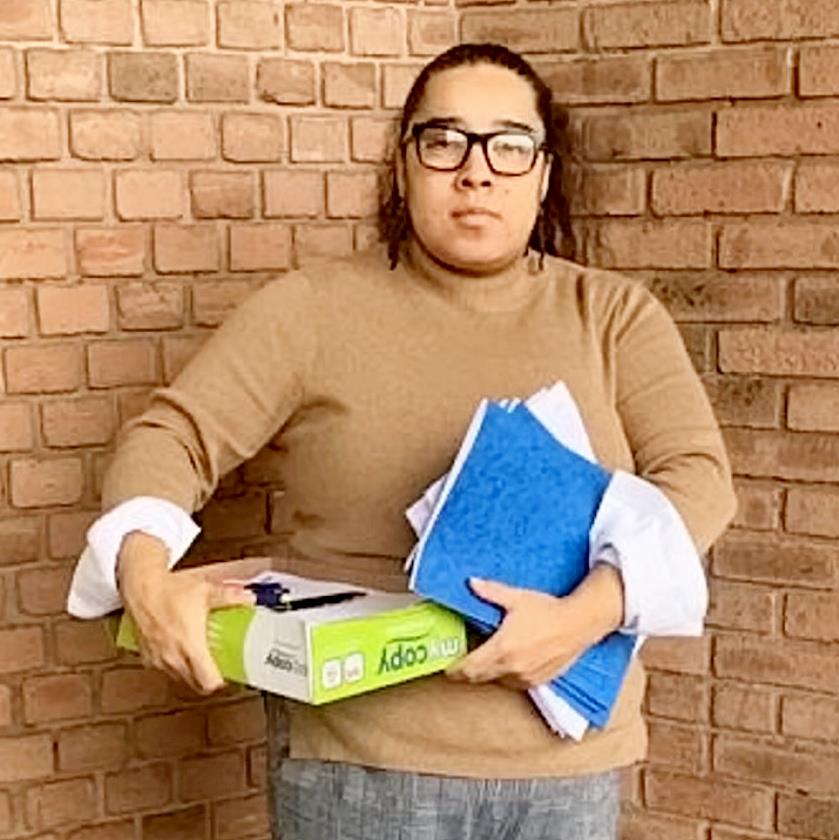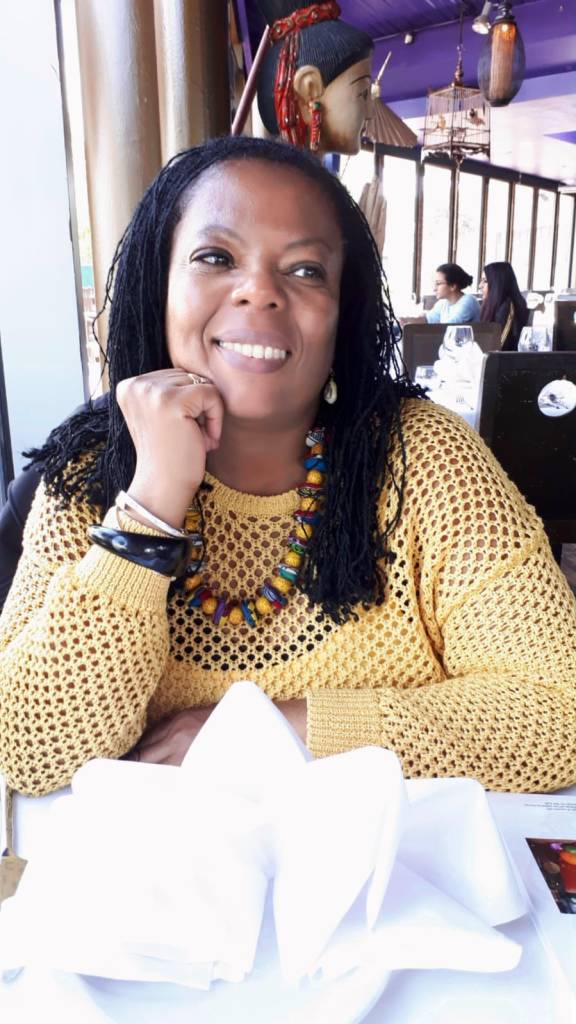A joint statement by BEA: Black Educators Alliance and CARE: Coalition of Anti-Racist Educators Published: 8 March 2021
This statement seeks to highlight an issue that is still unresolved and we all know that if we do not learn from the mistakes we have made in the past, we are doomed to repeat them!
Stereotyping, as we all know , is the tendency to draw on overly simple beliefs about groups to make judgments about individuals. Confirmation bias is the tendency to perceive and seek out information that confirms one’s preexisting beliefs, and avoid information that conflicts with those beliefs (Nelson, 2014).
These are not phenomena that have only been discovered through Covid-19 (see Coard, 1971, etc.): it is a pattern that has been exposed and magnified by the pandemic, similarly to many other pervasive and endemic race inequalities that endure right across society, not only in education but also employment, health, housing and the criminal justice system, that have long standing and systemic roots. Teacher assessed grades for Black and Brown children have been and are disastrous. The embedded bias takes its effect immediately upon seeing the name. The associated over simplifications and lowered expectations provide the basis from which the marking occurs.
From the start of the closure of schools in March 2020, BEA and CARE highlighted their concerns regarding bias in teacher assessment, and its potential impact upon examination achievement and attainment within Black communities. We know that generations of activists and academics have also sought to highlight the reality that teacher assessment, underpinned by deficit theorising and racial bias continues to have a negative impact on Black students’ achievement and attainment. The decision to reopen all schools in England from March 8th was considered a bold step by many across our communities, considering the backdrop of the COVID-19 pandemic, and the repeated detrimental impact of knee jerk education policy changes , which are still unfolding.
However , we cannot continue to ignore the publications of numerous reports and reviews over many years, most recently , the YMCA report on the Colour of Institutional Racism (2020), the Runnymede Report on Race and Racism in English Secondary Schools (2020), the inequalities exposed by the Covid-19 pandemic, and subsequent anti-racism and social justice movements, we have all continued to build upon these concerns. In addition we have continued to highlight the systemic and institutional flaws within our education system, which disproportionately impact on Black and other racialised students, teachers and wider communities.
In spite of all of this knowledge, there still has been no substantive changes to address these stark realities for marginal and marginalised students. Our voices remain unheard. One of the consequences of this Institutional intransigence was the exams fiasco in August 2020. We know that the trust of Black communities is waning as these issues still have not been resolved.We also know that this bias is still likely to continue to negatively impact on the outcomes and future aspirations of Black students in English Schools in these unprecedented times.
Does teacher bias really impact on student life experiences ?
Marcus Smith (a pseudonym), an African Heritage Year 13 male student wanted to go to medical school in October 2021. Like many others in similar circumstances, his potential grade was under-predicted by his teachers in August 2020 based on a lack of evidence due to the pandemic. These ‘predicted grades’ were submitted in October 2020 as evidence of his ‘progress’ to his chosen medical schools. He then completed mock exams in November, achieved the grades that he had expected to be predicted – but unfortunately it was too late. He was not accepted at any of his chosen medical schools because of the ‘predicted grades’ that his teachers submitted in October, so he did not meet the entry requirements. He was also told that if his mock exam results had been submitted earlier, he would have had a place but all the places were now full, as medical schools were trying to cope with the backlog from 2020 as well as the new applications for 2021. This young person is not an isolated case. For Black and Brown Students this case is not the exception , it is the norm. His dilemma, his broken dreams have been replicated many more times across the country to no avail.
Next Steps ??
BEA and CARE are committed to continue to fight to transform our education system, to ensure that all students have equitable opportunities and outcomes, and we remain deeply concerned that the inherent bias in teacher assessment has still not been addressed in the wake of arrangements for summer 2021. We cannot continue to allow this act of open discrimination to be impacted on our children.
Simply highlighting the issue , reminding the consciousness and raising public awareness will not stop its effects. Teacher bias is a systemic problem in education, brought about by systematic actions. Acknowledgement of, and attempts to address the low expectation by some teachers of particular groups of students goes back several decades and yet it remains as a ‘fixture’ of the current education system in this country. The Pygmalion effect is alive and kicking. We must acknowledge, address and ensure we no longer accept that there will be ‘variation’. This system of assessment in England has to change in order to ensure that all children have the opportunity to succeed and thrive.
We must hold ALL children in the highest esteem and expect from Black and Brown children no less than their white counterparts. By being aware but not acting on the evidence, we are part of the problem and, by implication, complicit in it. We are creating the new wave of undervalued and poorly assessed children who become victims of a system that states ‘All children matter’ where too many are simply surviving, but not given the room to thrive.
So we stand with all students affected by the damaging effects of this crisis in education, particularly in the last year and we remain concerned by the long term effects for their next steps, whether in employment, education or training. Black students must already navigate a myriad of barriers and forms of racial and cultural discrimination throughout their academic journeys, and are likely to bear the brunt of structural and institutional disparities, even when deemed to be better than the systemic alternatives.
We are issuing this statement in the hope that our concerns prove to be unfounded. We are issuing this statement ahead of the publication of guidance from exam boards which is due out imminently, in the hope that the following concerns have already been addressed.
Therefore, we BEA and CARE, support the joint open letter published by Runnymede on 12 January 2021 on this issue. We call upon the National Education Union (NEU) and the DFE to:
- Provide teachers and schools with guidance on how to undertake Equality Impact Assessments of final grade predictions. This could include providing schools with the tools to disaggregate their data on predicted grades on the basis of ethnicity, gender, SEN status and other protected characteristics groups.
- Provide a template to support the standardisation of contextualised data that can be used to flag the disadvantages faced by students during the Covid-19 pandemic (including access to digital devices), as recommended by Professor Lee Elliott Major at the University of Exeter.
- Urge university admissions to consider carefully ‘contextualised admissions’ criteria in order to ensure that students from lower socio-economic backgrounds do not lose out from the opportunity to attend more selective universities, with a view to meeting the admissions targets set in their Access and Participation Plans.
- Require all Higher Education Institutions to monitor and report on offers made on the back of school predictions by ethnic and gender groups to check for any bias at the point of admissions.
Photo credit: https://commons.wikimedia.org/wiki/File:Ready_for_final_exam_at_Norwegian_University_of_Science_and_Technology.jpg
Please note: we edited this statement on 15 March 2021 to include links to references and included headings for ease of reading.



